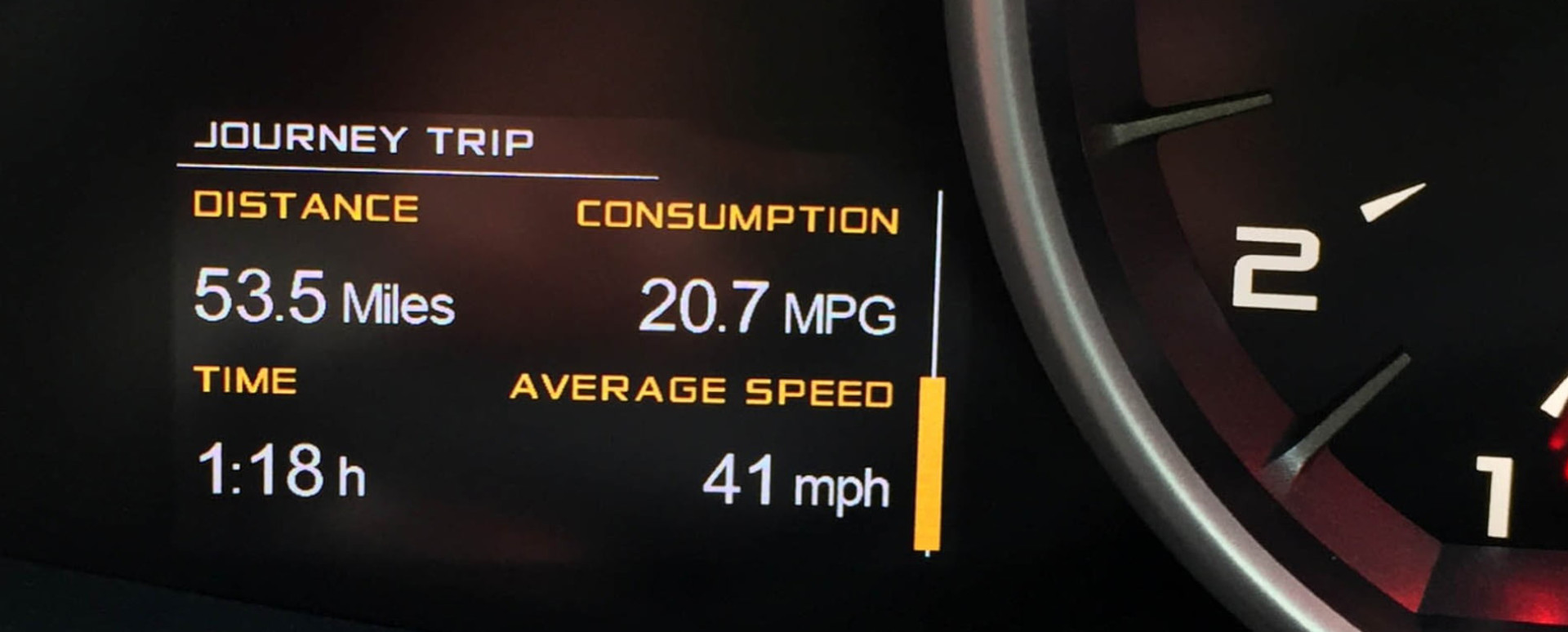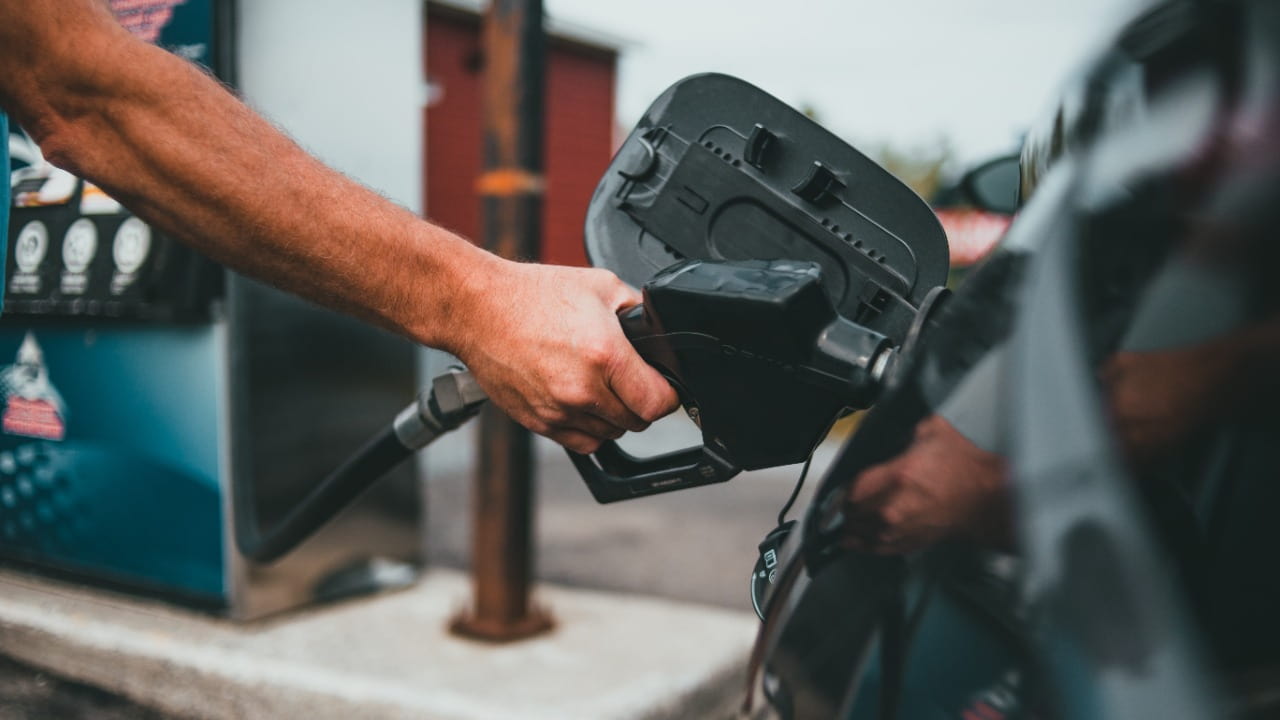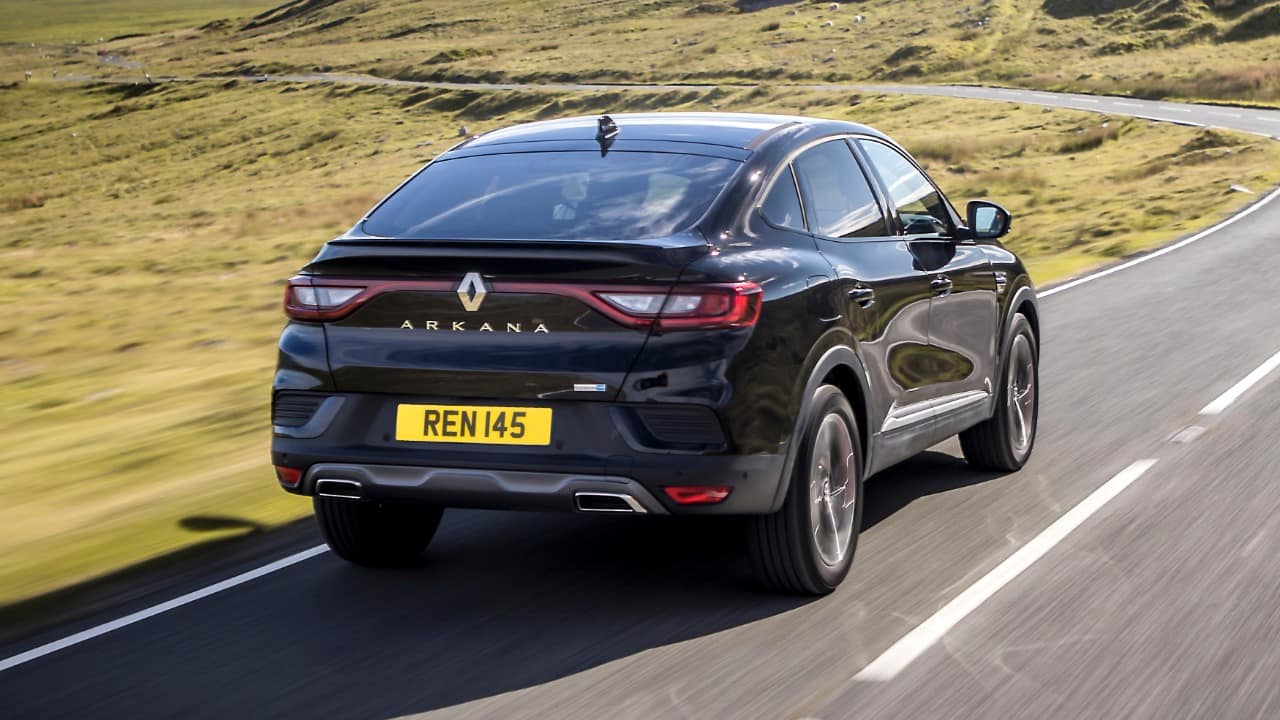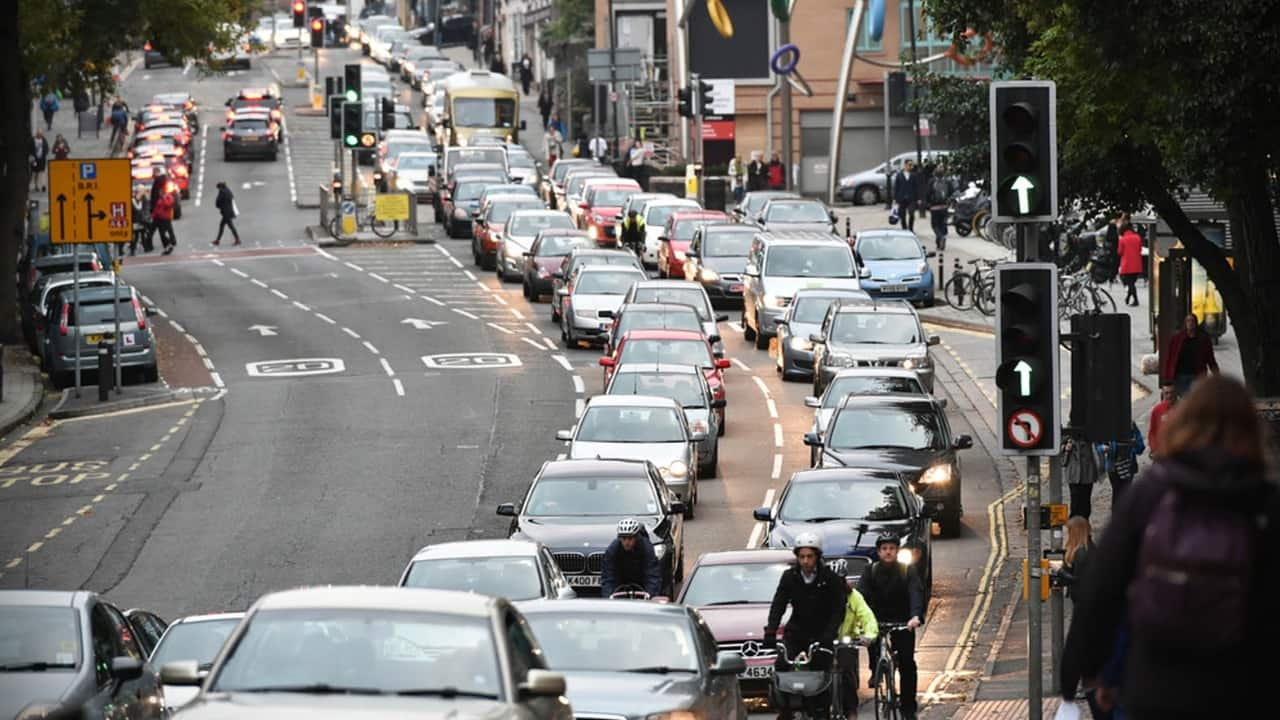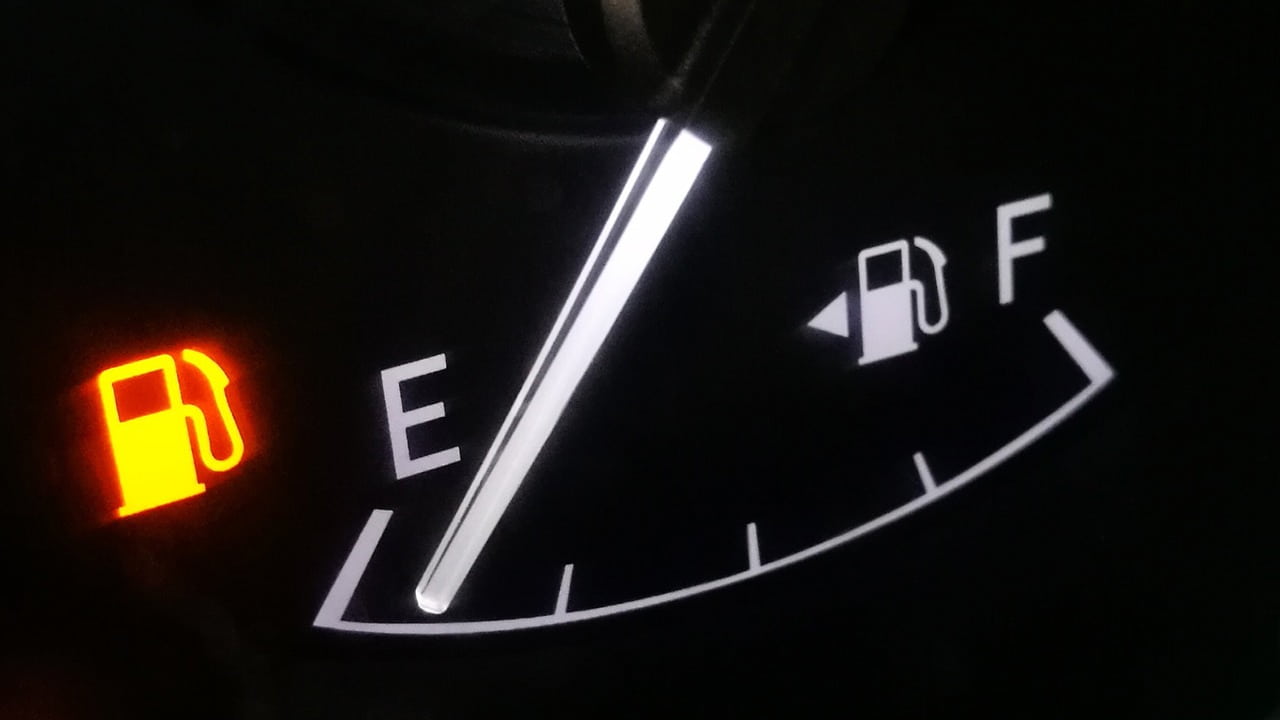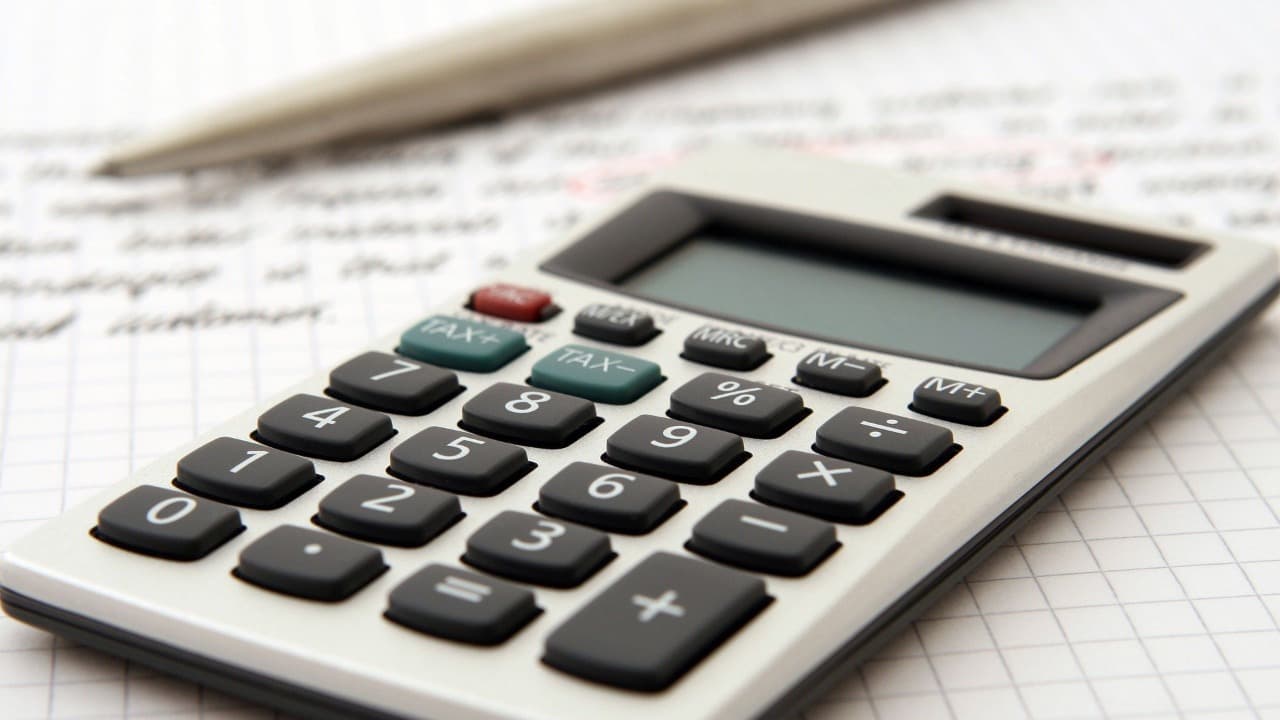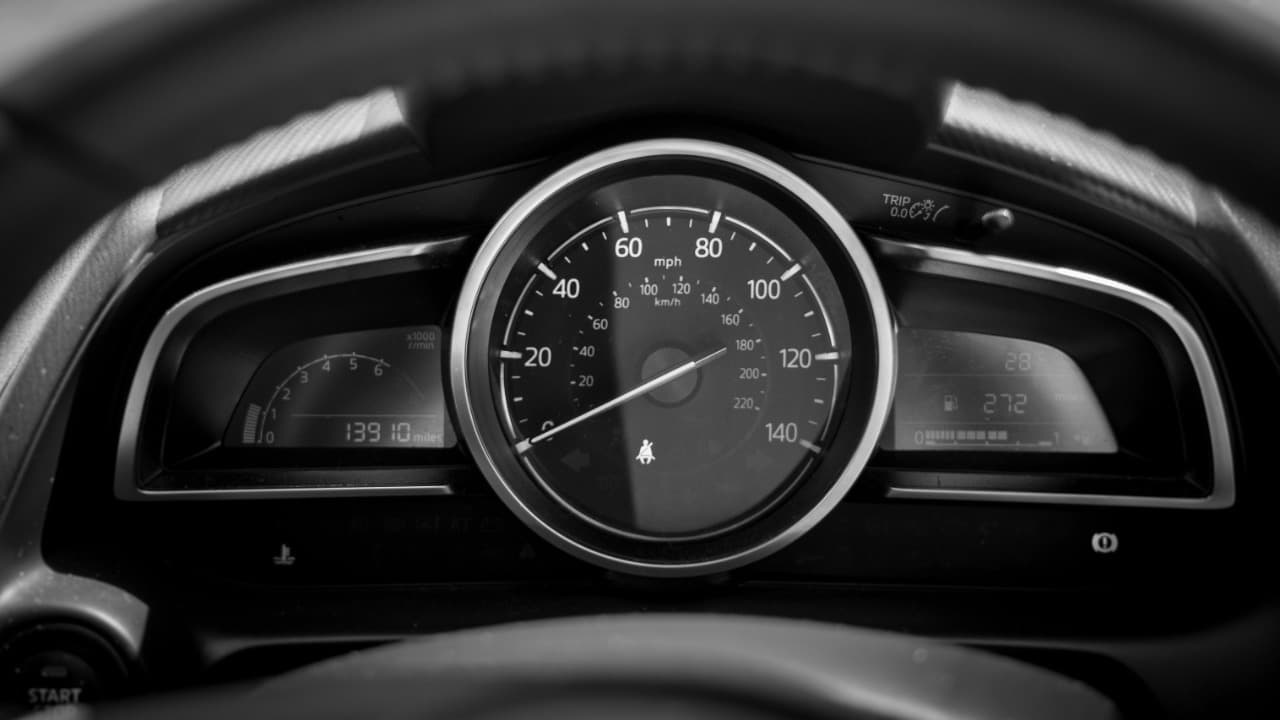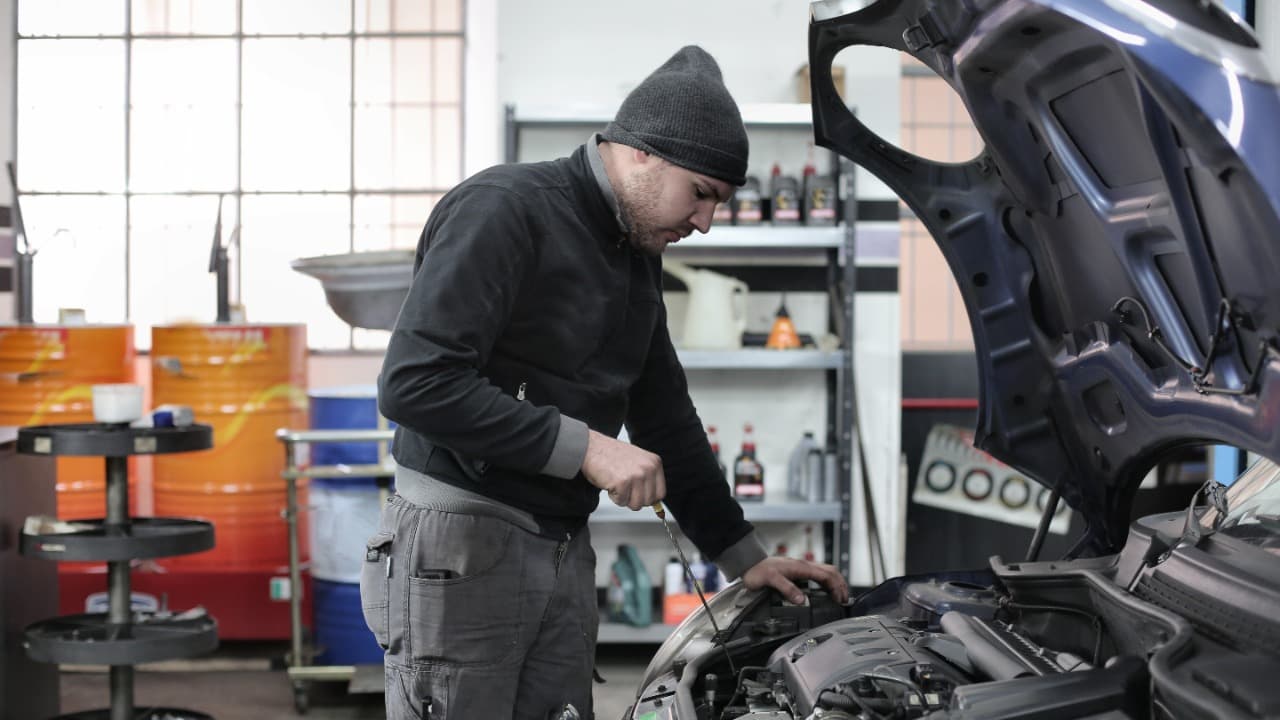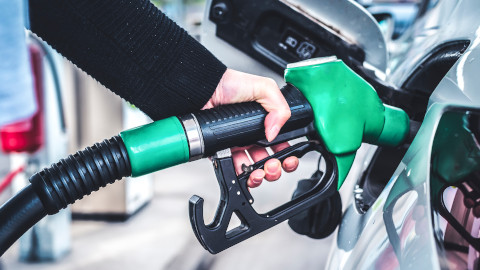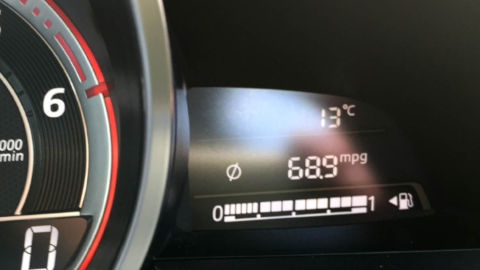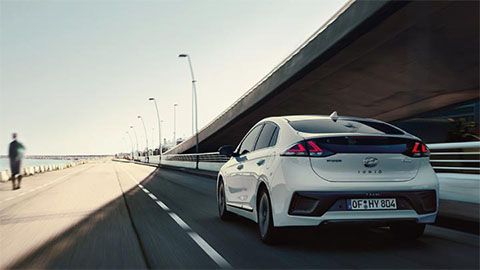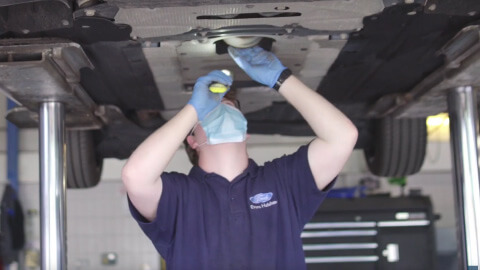What is MPG?
MPG stands for miles per gallon, which is a unit used to measure the fuel economy of a car. It's also known as fuel consumption, and it can help you work out how much it will cost you to run your car.
It's important to understand how much your car is costing you to run, so you can find out what changes you can make to save you some pennies.
We've highlighted some top questions and queries about MPG and answered them for you below:
- What does MPG really mean?
- Why is it important to know the MPG of your car?
- Why does my car have multiple MPG numbers?
- How to work out MPG
- DIY MPG Calculator
- What is a good MPG?
- How do I improve my car's MPG?
But what does MPG really mean?
MPG, or miles per gallon, basically shows you how far you can travel in your car for every gallon of fuel that is used.
For example, if you own a car that gives you 45mpg and only had one gallon of fuel left in your car, you'd be able to drive about 45 miles before running out of fuel.
This is just a rough guide as your MPG can be affected by different things including your driving style or whether you're driving in urban areas or on motorways, meaning the MPG varies as you drive.
In the UK, we generally use litres as a unit of measurement rather than gallons. There's roughly 4.5 litres in a gallon, but you can use a gallon to litre conversion if you want an exact figure.
Why is it important to know the MPG of your car?
It's important to know the MPG of your car as it can help you improve the fuel economy, which in turn will lower your running costs.
It can also be really helpful to know the MPG of a car before you even make a purchase so that you can better understand how much you're likely to be spending to run your new car.
Why does my car have multiple MPG numbers?
The MPG of your car varies depending on where you're driving. You won't always be driving in exactly the same place, so there's different MPG figures to account for that:
City MPG
City MPG, also known as urban MPG, refers to driving that involves regular stopping or braking, and driving on rougher roads. This will usually be the lowest of the three as the engine is working harder thanks to city traffic, therefore requiring more fuel.
Highway
Highway MPG is the average fuel economy of your car whilst driving on the highway. Your car will need less fuel as the roads are smoother, and there's less stopping and starting, so the engine will generally be running at a consistent level.
Combined
Combined MPG is exactly what it says on the tin: it's the combination of the city and highway MPG numbers.
How to find out the MPG of your car
MPG can be a bit complicated to work out, but we've got a couple different options for you.
- For new cars you can go directly to the manufacturer's website, find the make and model of your car and the MPG figure will usually be found within the model's specifications or features.
- Or, you can calculate the rough MPG for yourself using our step-by-step guide below.
DIY MPG Calculator
Calculate your MPG using the steps below:
- Fill up your car's fuel tank all the way.
- Record the odometer mileage, or, if your car has a trip odometer, reset it.
- Drive your car as you normally would until you've used half a tank. It's important to drive how you normally would. If you do a lot of city driving, don't just go drive for a bit on the motorway for this test, as it then won't be as accurate.
- Fill your tank up again all the way. Record how much fuel it took to refill the tank.
- Record the number of miles you drove. If you don't have a trip odometer, subtract the original odometer reading from this new reading.
- Divide the miles travelled by the number of gallons of fuel needed to refill the tank, giving you a rough MPG for what you just drove.
What is a good MPG?
Good MPG is quite subjective as it completely depends on the car, where you drive, and your driving style. However, as a general rule of thumb, the higher the number, the better the MPG.
For an example, with new cars, a good MPG is considered to be around 50 to 60. There are differences between petrol, diesel and hybrid cars though, with hybrid being the most fuel efficient and having a higher MPG, followed by diesel engines and then petrol usually having the lowest MPG out of the three.
If your MPG is lower than it should be, and you're looking to maximise your fuel economy, try some of the suggestions below.
How do I improve my car's MPG?
You can improve the MPG of your car by:
- Keeping your tyres inflated at the correct pressure.
- Use cruise control if it's available in your car to maintain a steady speed on highways.
- Use the correct gears to avoid stressing your engine.
- Service your vehicle regularly.
- Don't drive aggressively. Driving smoother, avoiding rapid acceleration and slamming on the brakes will all help to improve the MPG.
These things can certainly help with improving the fuel economy of your car, but if you're looking for even greater efficiency, then we'd recommend searching for a more frugal and fuel efficient vehicle.
New cars and servicing at Evans Halshaw
As you've seen, MPG is actually really important and something to consider when buying a car.
You can view our collections of new and used cars, and you may just find your new car with a better MPG too.
Also, if it's been a while since your last service, it could be affecting your car's MPG, so you can contact your local Evans Halshaw dealership for vehicle servicing today.

